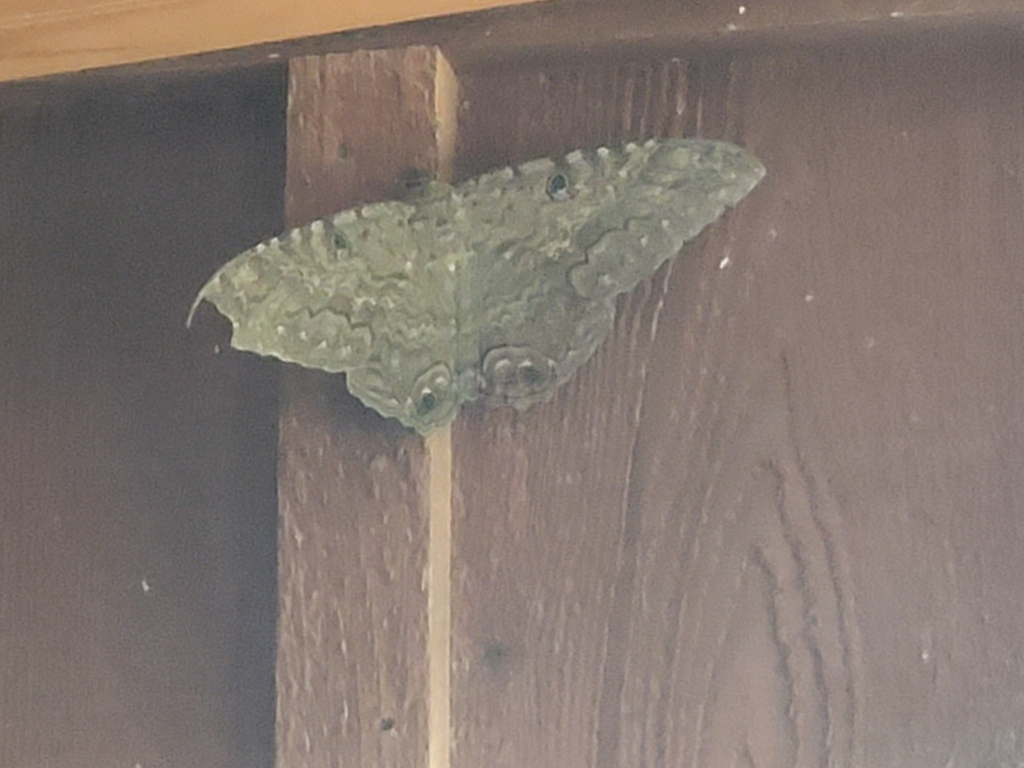 |
Kimball Museum (a "like to do")
|
When I retired a few months back, I thought, "I'm going to have all this time to do more of the things I like to do!" One of my biggest concerns was turning into a couch potato like I see many retirees do.
I hate to admit it. The past few months, I have been a sloth. At first, I was constantly stressing over the thinking I needed to be doing something because I was always busy before retiring. Not to say I didn't have things I could do--it was the absence of things I HAD to do. Then I went through a phase where I didn't feel like doing anything. Even things I liked to do. And then, finally, I got bored. I have finally started getting back to myself. I think I am over whatever was going on in my head.
Getting back to the true point of this post....I have always made most food from scratch. When the kids were small, it was mainly because (1) it was healthier for them, and (2) it's usually cheaper. And for most of my life, pinching pennies was the norm. But, I admit, working full-time and going to school at the same time sometimes made me really want to use the prepackaged stuff.
I have tried to find premade meals I like. Mostly because I am cooking for one most of the time. I have tried dozens of frozen and packaged things in recent months. For the most part, I haven't liked any of them, although a few are somewhat edible. If you are desperate. And then you look at the label--salt and sugar. Very little nutrition and a lot of calories.
I have been craving minestrone soup for days and finally decided to make it. Yes, I could have gone to the store and bought a can. After all, a can of Campbell's minestrone soup is only $1.79 at United Supermarkets (and even less expensive at some other stores). That $1.79 gets you 2.5, 1/2 cup servings. Does anyone actually eat a 1/2 cup of soup? If I go by the label, there is about 1.25 cups of soup in the can, which is still pretty stingy for a meal. Looking at the label, that 1/2 cup serving has 28% of the recommended daily amount of sodium. If I eat the whole can (which I would), I am nearly to 75% of my recommended sodium intake for the day. So we can say $1.79 for a meal, which is cheap.
I find most canned soups are edible, but not anything I truly want to eat. They usually have a metallic aftertaste and not much else. I admit I haven't tried the minestrone. But let's consider cost alone. I was lazy, so I did use a couple of ready made ingredients--one Swanson's chicken stock and a can of generic kidney beans. All of the other ingredients were things I had on hand--some tomatoes from the garden, veggies (corn, celery, onions, carrots, zucchini, potatoes, spinach and broccoli--unfortunately, I didn't have any cabbage), some barley, pasta, and spices (oregano, garlic, pepper, basil, rosemary, and parsley--no need to add any salt). So, the only things I paid any significant money for was the broth and the beans (both of which could be done cheaper with a bigger time investment.) And, of course you add water. Together, less than $5. Although a lot of veggies are listed, the amount of each one is small--anywhere from a tablespoon to 1/2 cup each. Since I had the tomatoes already, maybe $2 for all the veggies and that is an overestimate in my opinion.
It did take me about 30 minutes to cook the soup, but I have had six bowls of soup over the past few days. Any my bowls tend to be in the 2 cup range. The soup was thick and hearty. Although I estimate the pot of soup cost me $7, let's use $10. That would be $1/cup. The Campbell's soup was $1.43/cup. It also had less nutrition and more sodium.
Yes, it cost me about 45 min total to chop up veggies and cook the soup versus probably 5 min for Campbell's, but I also didn't have to cook several meals, so I think it probably evens out in the end.
We all need to make choices about our time, budget, and health. I encourage you to learn to cook from scratch and do it as you can. I think you'll find it worthwhile.
.jpg)








.jpg)
